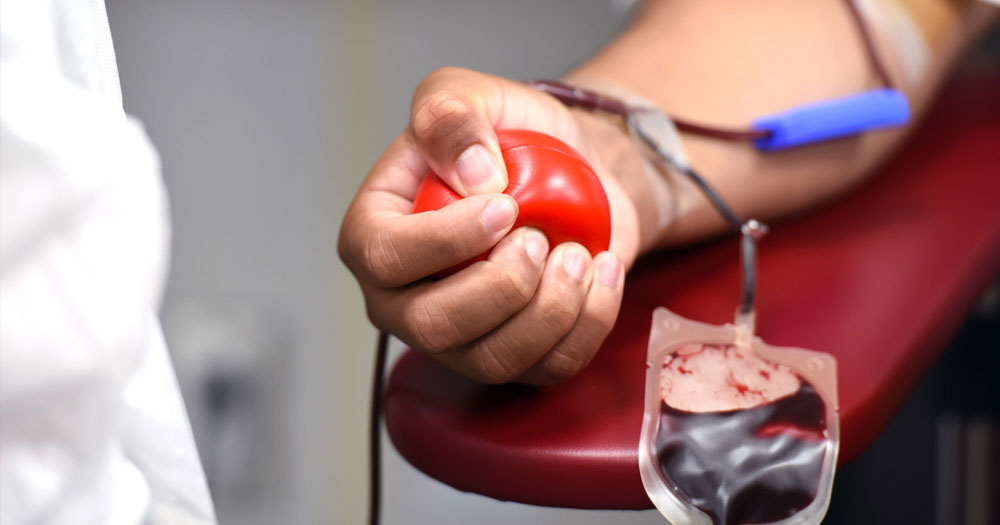The Irish Blood Transfusion Service has announced that from today, the wait time for gay and bisexual men to donate blood following sexual contact has been reduced from 12 months to four.

The wait reduction is the same for any person who takes pre- or post-exposure prophylaxis medication (PrEP and PEP).
Dr Tor Hervig, the Irish Blood Transfusion Service Medical and Scientific Director, explained “This means that a man whose last sexual contact with another man was more than four months ago will be eligible to donate if he meets the other donor selection criteria.”
In response to the change, Stephen O’Hare, Executive Director at HIV Ireland said: “This is a significant reduction in the previous deferral period, down from 12 months, and is in line with the recommendation towards the adoption of an individualised risk-based approach as recommended by the Review Group. These changes bring Ireland more in line with practices in neighbouring jurisdictions.”
While hailing the move as a step in the right direction, Adam Shanley, MPOWER Programme Manager at HIV Ireland shared his disappointment that some of the Review Group’s recommendations were not implemented.
Shanley explained, “We are disappointed to learn that the IBTS decided not to implement a recommendation to remove oral sex as a reason for deferring gbMSM, as agreed by the Review Group. Medical evidence supports the finding that oral sex carries virtually no risk for HIV transmission and was correctly considered an unnecessary barrier for gay and bisexual men to donate blood.
“With a backdrop of dwindling blood supply in Ireland, it is of the utmost importance that current scientific advice is followed so that more people can donate safely to meet demand.”
Shanley concluded, “Today’s change is only a first step in achieving a more inclusive approach. We now want to see work commence on the introduction of individualised risk assessment which the IBTS has agreed to implement by the end of 2022.
“This will create a fairer system which will ensure donors, regardless of their sexuality, are being asked questions that successfully identify higher risk.”
© 2022 GCN (Gay Community News). All rights reserved.
Support GCN
GCN is a free, vital resource for Ireland’s LGBTQ+ community since 1988.
GCN is a trading name of National LGBT Federation CLG, a registered charity - Charity Number: 20034580.
GCN relies on the generous support of the community and allies to sustain the crucial work that we do. Producing GCN is costly, and, in an industry which has been hugely impacted by rising costs, we need your support to help sustain and grow this vital resource.
Supporting GCN for as little as €1.99 per month will help us continue our work as Ireland’s free, independent LGBTQ+ media.

comments. Please sign in to comment.